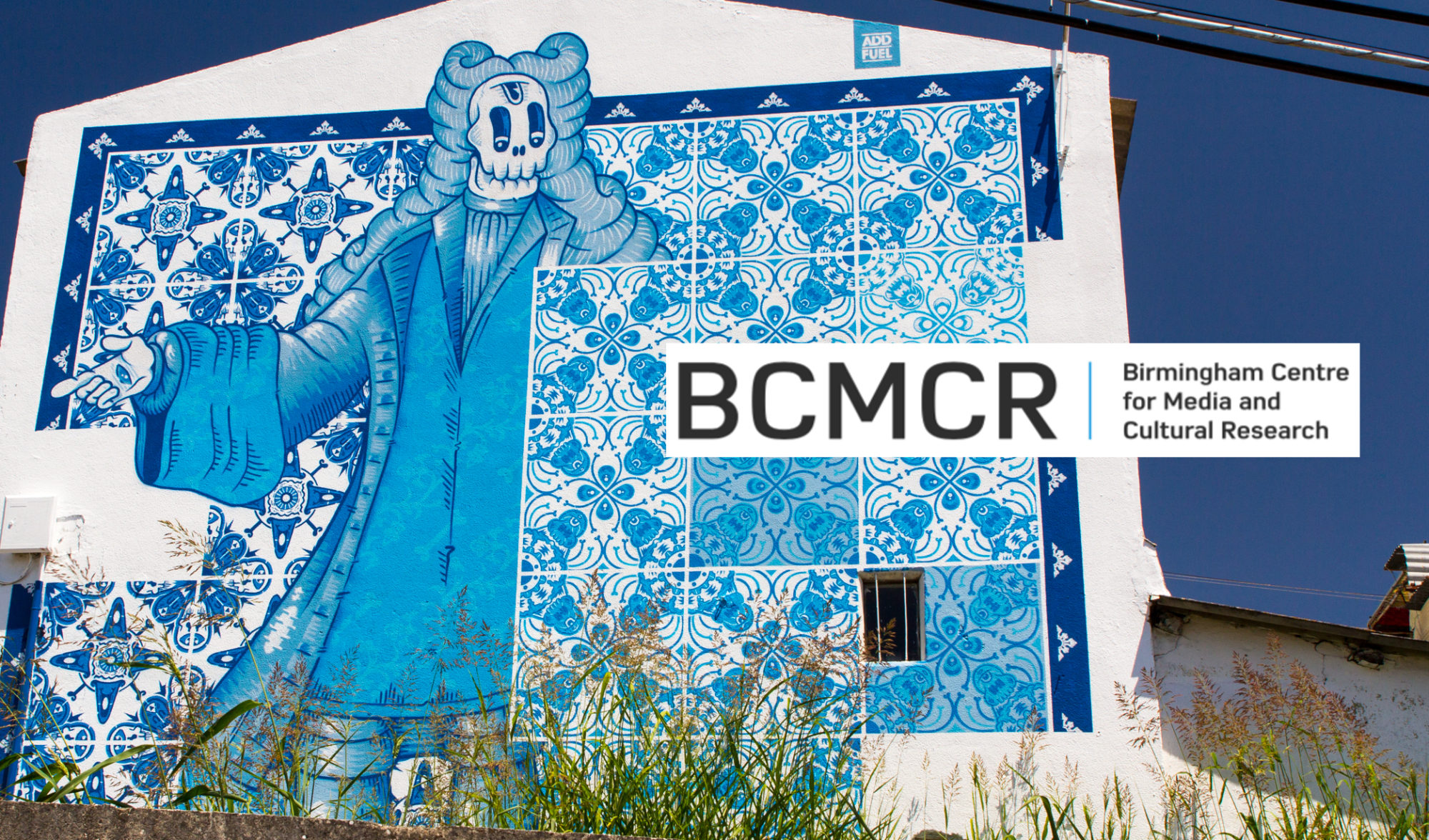The term has a relatively substantial history in academia – according to Sarah Maitland, it first appeared in an anthropological journal in 1985, but has had a wide and varied take-up across a range of disciplines since this.
In the most general terms, cultural translation denotes a process where a cultural form (1) moves from one context (2) to another, and implies some agent (3) doing the moving.
- Cultural forms could be, perhaps, a piece of music, or a genre of music, or, indeed, a philosophical or aesthetic attitude to music.
- Contexts could be literal (country to country, from one time period to another) or refer to different media (film to literature, real life to YouTube).
- An agent could be a person doing the translating. But it could be an organization, a social group, an abstract social structure, or, indeed, other cultural forms.
As part of working out ways in which scholars within Media and Cultural studies can find the term useful, we will collect key readings together, along with some brief analysis or commentary.
NB; they may agree with the above model, or disagree – the aim is to collate a variety of different approaches rather than to synthesise an overarching account.
You can find those readings and lectures we’ve collected so far below.
KEY READING | Sarah Maitland’s What is Cultural Translation (2017)
KEY READING | Anthony Pym on Cultural Translation
KEY READING | Talal Asad on ‘Cultural Translation in British Social Anthropology’
